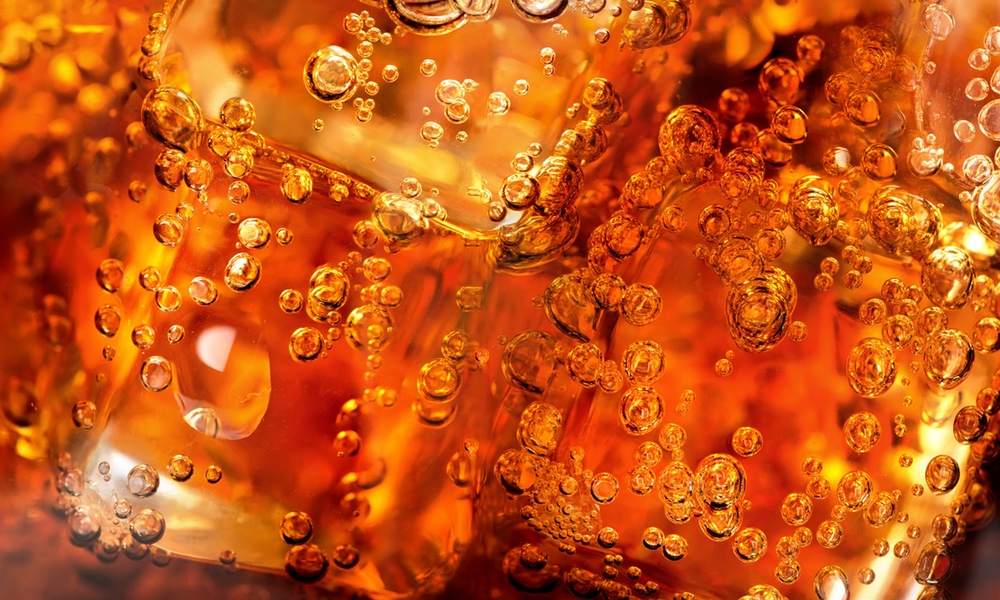Our over-consumption of sugar-sweetened sodas and energy drinks has been increasing these past 20 years, especially among young people between the ages of 20 and 34. Sugary beverages have been associated with metabolic problems such as obesity and type 2 diabetes — even in children.
At the same time, rates of early-onset colorectal cancer among this age group — colorectal cancer diagnosed before the age of 50 — have also been on the rise.
Researchers at Washington University in St. Louis and Harvard decided to explore this connection and have found that drinking sugar-sweetened beverages during adolescence, when participants were 13 to 18 years old, increased their risk of developing colorectal cancer before they turned 50. Drinking sugary beverages in young adulthood also raised the risk. The team's findings suggest the metabolic problems connected to the over-consumption of sugar-sweetened beverages may play a role in the development of colorectal cancer in younger people.Each 8-ounce serving consumed per day during adolescence was associated with a 32 percent increase in risk for early-onset colorectal cancer.
The study used data from the Nurses’ Health Study II, a large study tracking the health of about 116,000 female nurses over a 24-year period. Every four years, participants answered a questionnaire that included questions about their diet, including beverage consumption. A subgroup of more than 41,000 participants also answered questions about their beverage consumption during adolescence, between the ages of 13 and 18.
More than 100 women were diagnosed with early-onset colorectal cancer. Women who drank two or more eight-ounce servings of sugar-sweetened beverages each day in adulthood had twice the risk of early-onset colorectal cancer compared to those who drank less than one such beverage per week. Colorectal cancer risk increased by 16 percent for each serving of a sugary drink consumed a day.
Women who developed a sugary-drink habit in their teen years were even likelier to develop colon cancer. Each 8-ounce serving consumed a day during adolescence was associated with a 32 percent increase in risk for early-onset colorectal cancer.
“Despite the small number of cases, this is still a strong signal that sugar intake, especially early in life, may increase the risk of early-onset colorectal cancer,” said Cao, an associate professor of surgery and medicine at Washington University.
Most of the participants in the study were white. Future studies of larger, more diverse populations are needed to support the findings.
The study is published in Gut.





